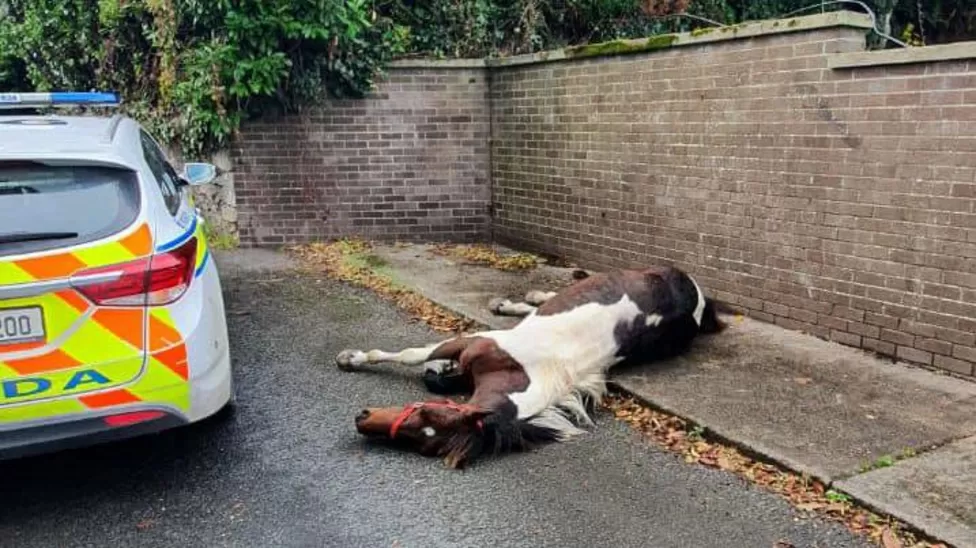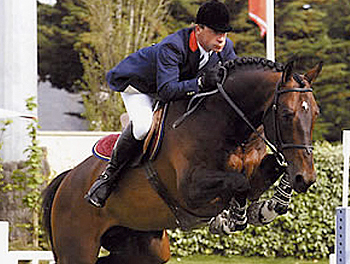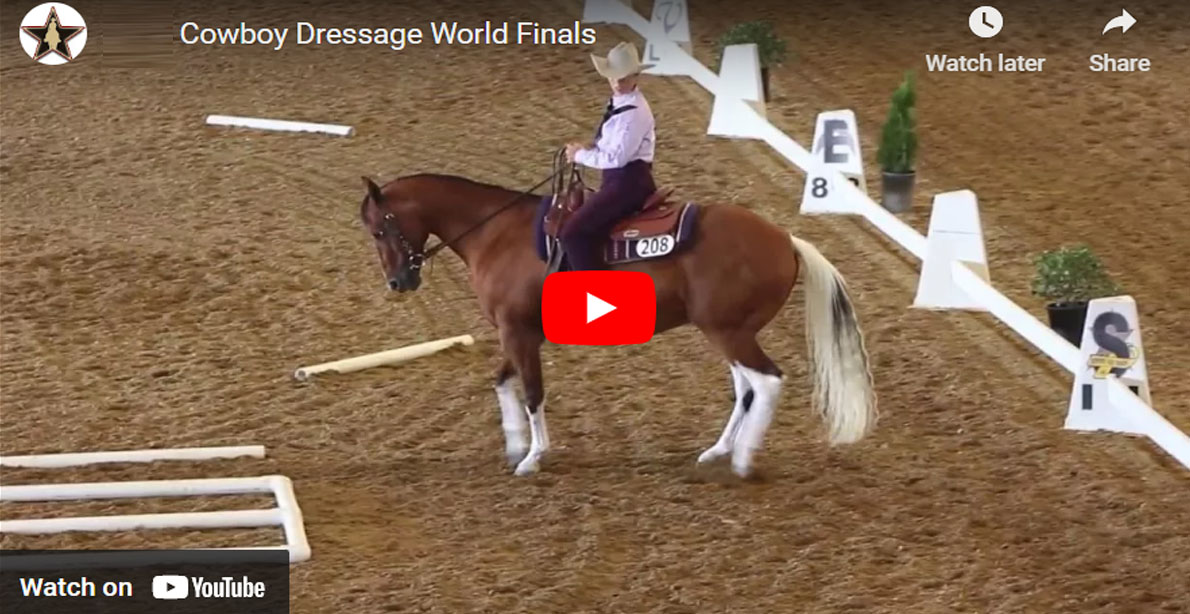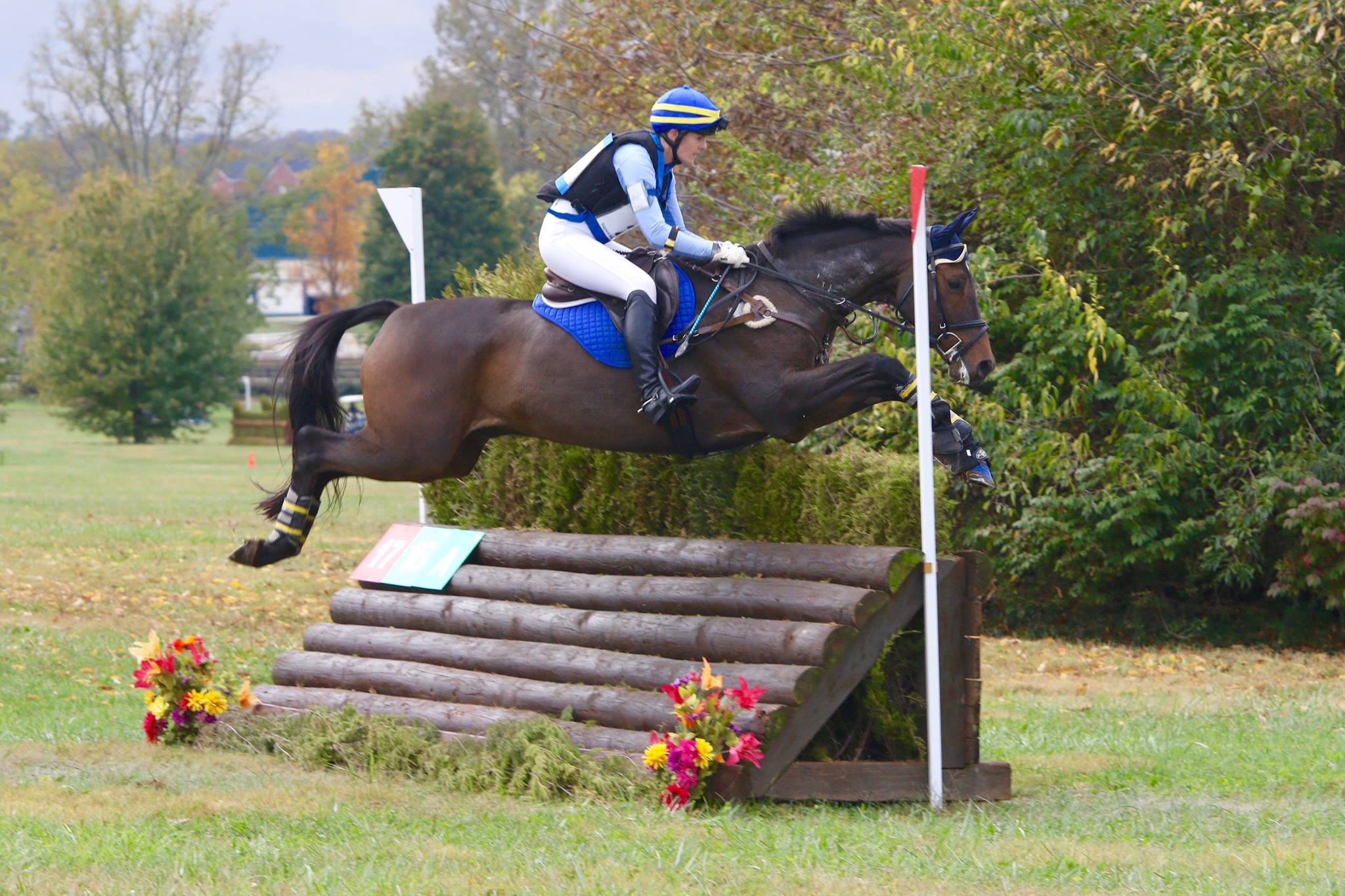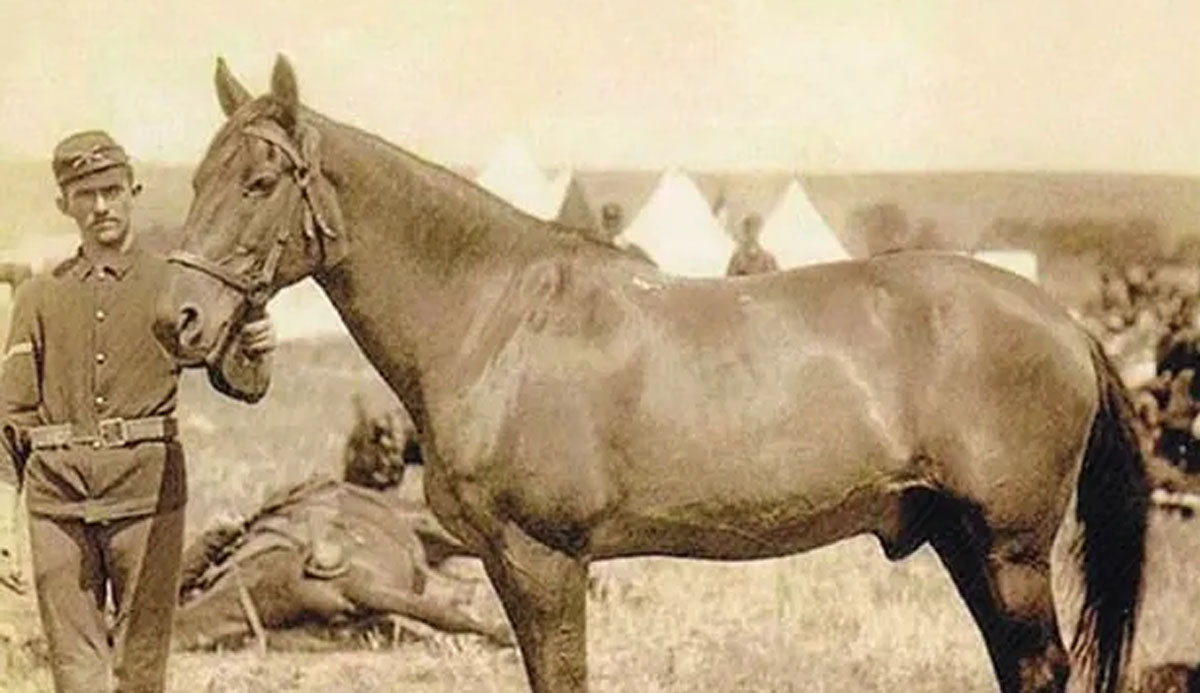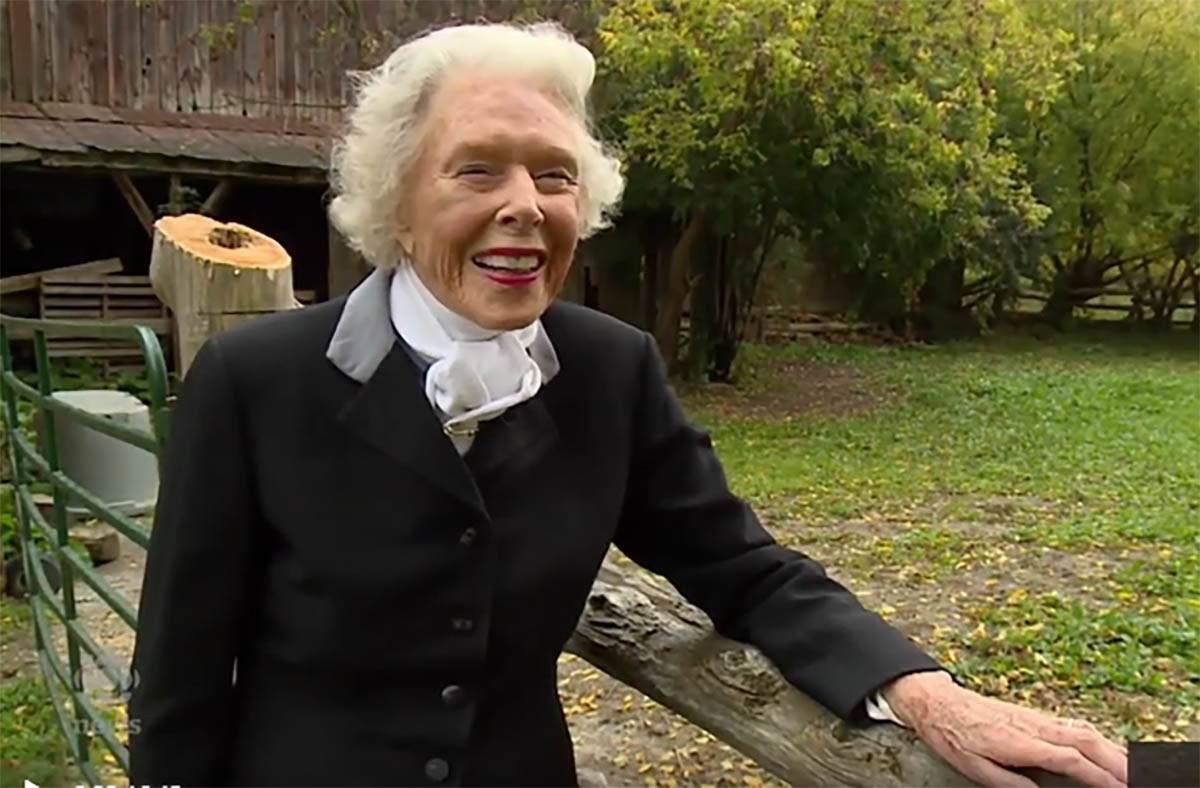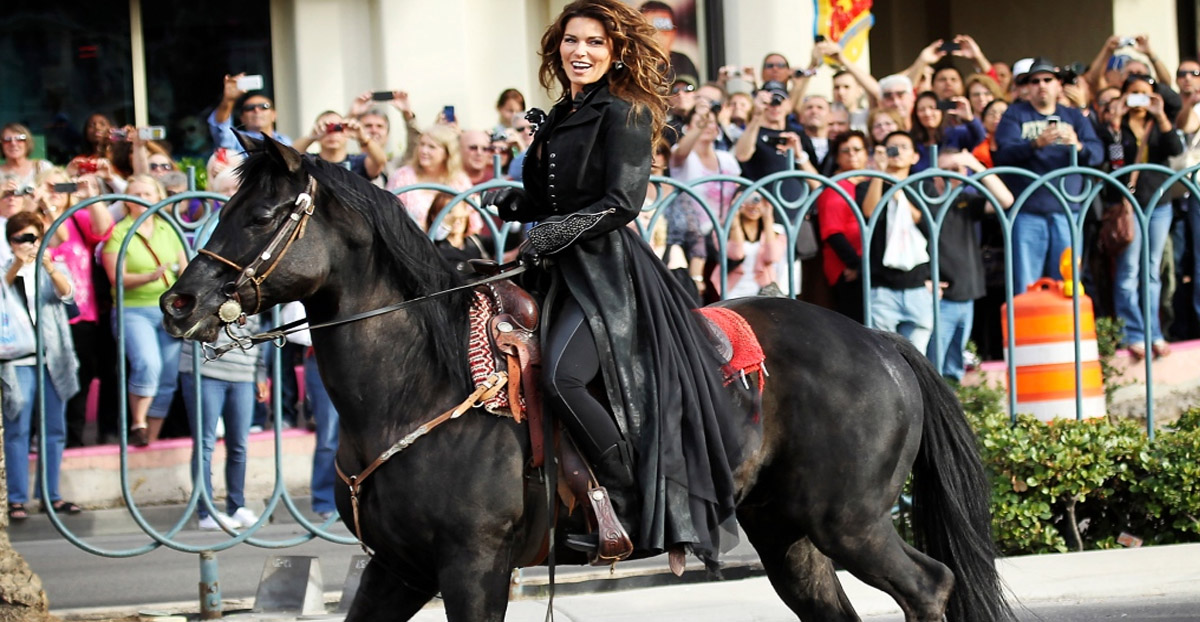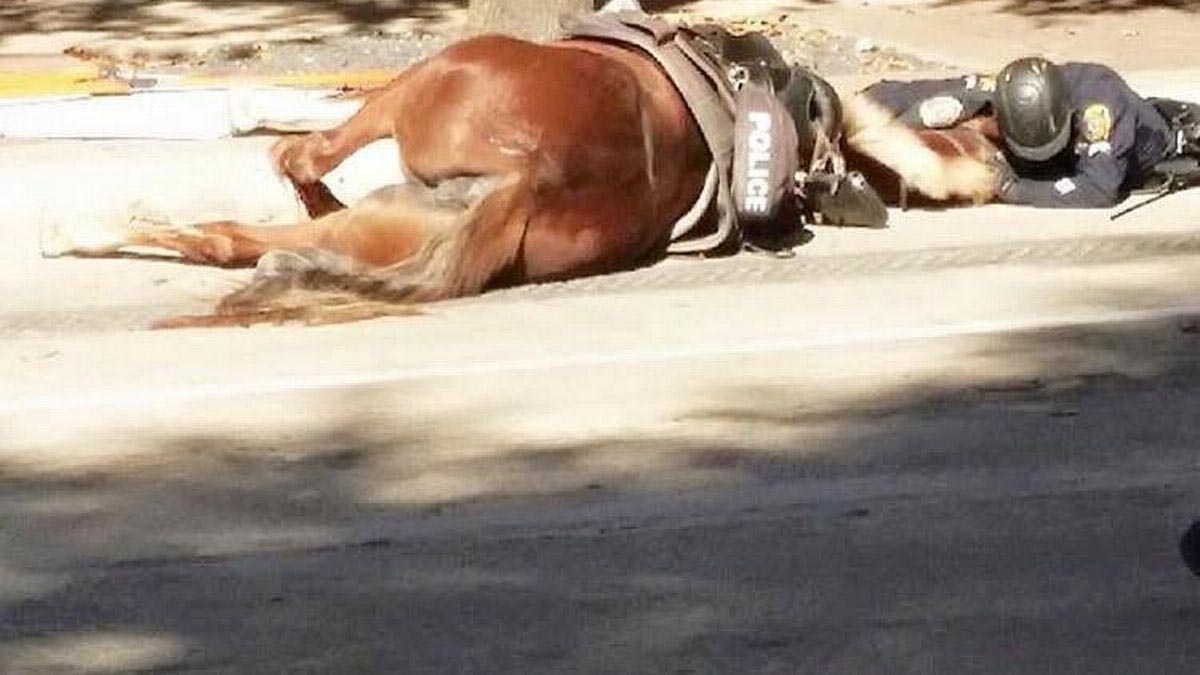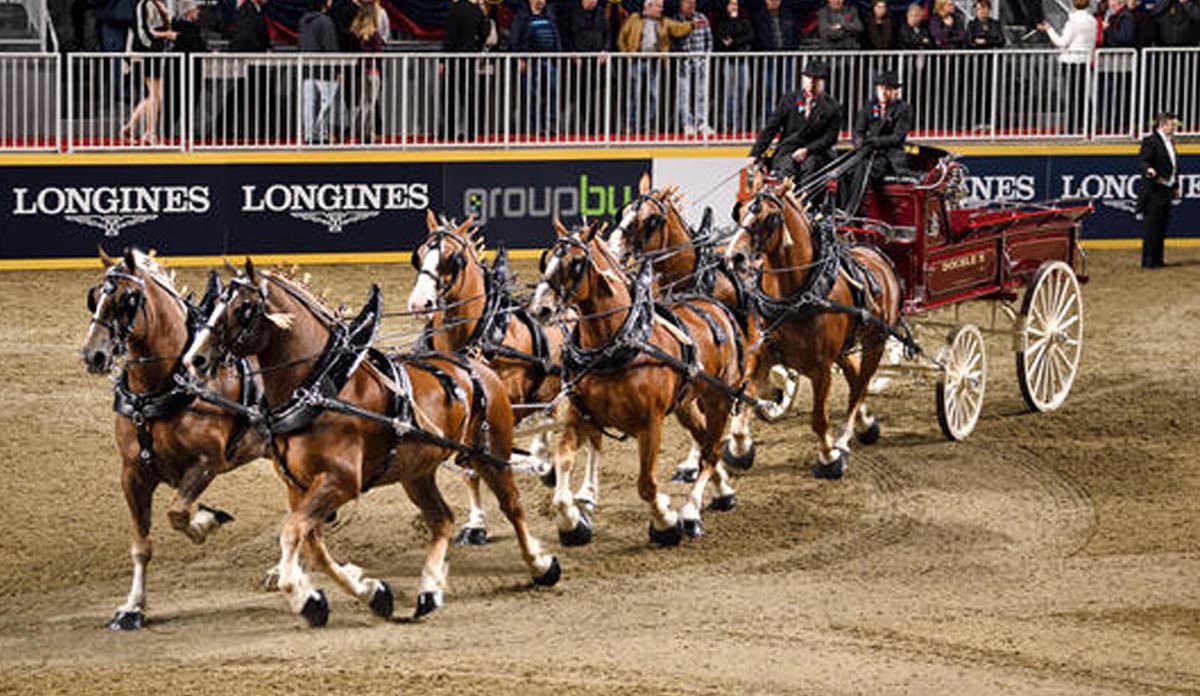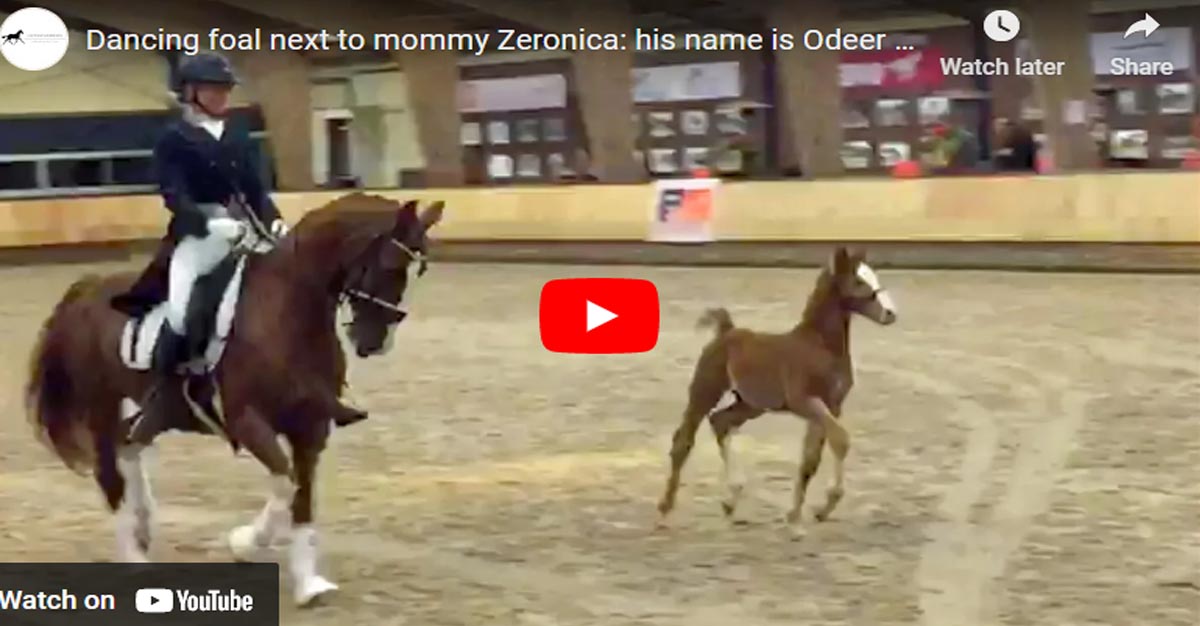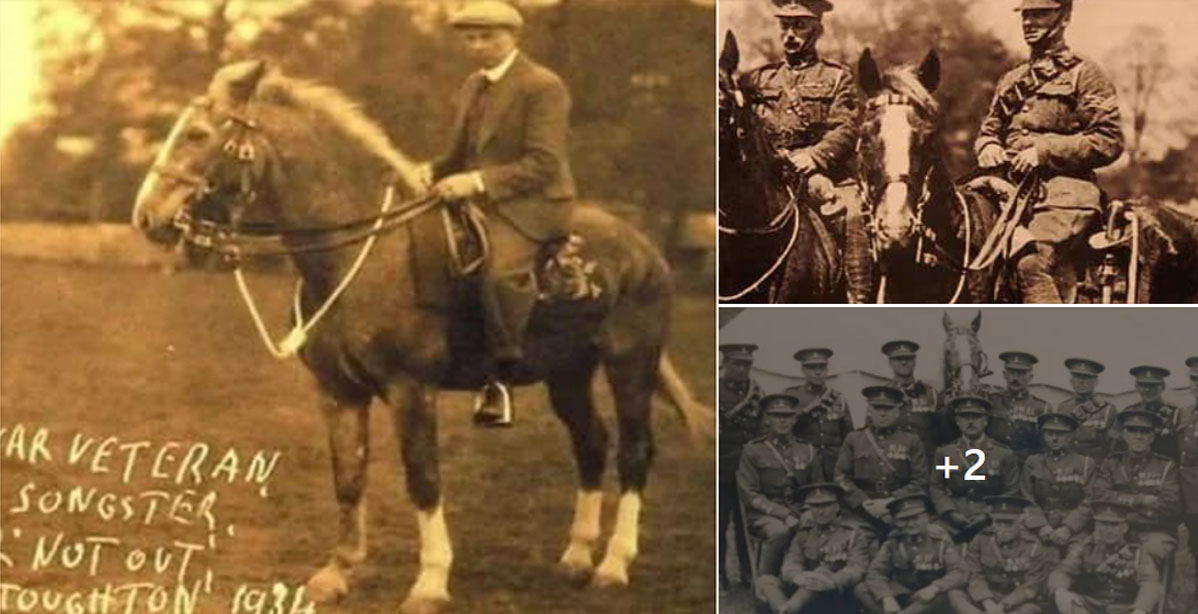Equine Colleges
Looking for an equestrian college, browse through college`s around the UK, Europe and the USA and find somewhere to study your equestrian subject for your job.
Horse Videos
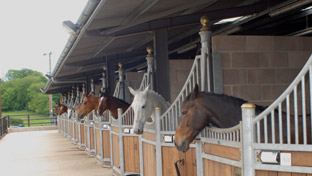

Equine Science
Several universities and colleges offer an equine science program that features educational resources on all components of the horse industry, including production, the industry itself, and research. Undergraduate animal science majors typically specialize in equine science by completing a variety of courses on equine evaluation, care, management, behavior, and nutrition.
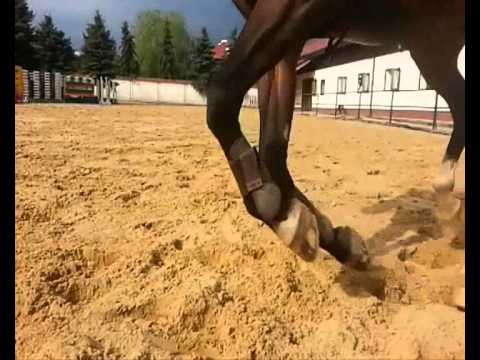 Equine Management
Equine Management
Equine management combines equine science courses with the traditional business management and administration classes. Courses such as equine law, equine marketing, barn and livestock management, selecting and operating farm machinery, and disease prevention are some of the courses involved in an equine management course.
Equine Massage Therapy
Some colleges and universities offer an equine massage therapy program. Equine massage therapy is the therapeutic application of massage techniques to the horse. Equine massage therapy courses will add to the student`s knowledge, understanding, and capabilities in caring for recreational and competitive horses. Many equine related programs encourage students to complete the course as it is beneficial to any student that is interested in pursuing an equine-related career.
Reproduction
Reproduction courses are intensive and cover all aspects of reproduction and breeding in horses. These courses involve the anatomy and physiology of both male and female reproductive systems, the management of the mare and the stallion for optimal breeding, hormonal relationships and the mare`s reproductive cycle. Fertility evaluations, manipulation of the estrous cycle in the mare, live cover and artificial insemination techniques for the mare, and how to transport and use fresh, cooled, or frozen semen is also discussed. The course also goes over semen collection from the stallion and the various methods and products that are available for evaluation, collection, semen analysis, preparation for freezing semen, transportation or on-farm use, and sexual behavior of the stallion as well as how it can be modified.
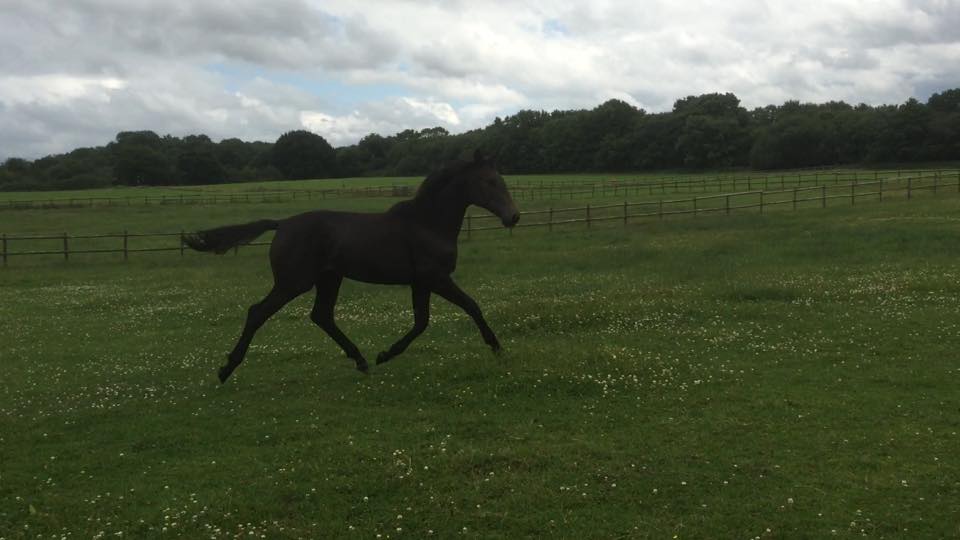 Reproduction courses also discuss the hormonal activity present during pregnancy in mares, caring for the pregnant mare as well as the foaling mare. These courses will also help students to be able to identify common pregnancy and neonate problems.
Reproduction courses also discuss the hormonal activity present during pregnancy in mares, caring for the pregnant mare as well as the foaling mare. These courses will also help students to be able to identify common pregnancy and neonate problems.
Equine Facility Design
Equine facility design courses focus on the development and management of facilities from the horse management and logistical efficiency perspective. Topics that are usually covered in these courses include facility layout and construction options, climate, and local custom restricted options, and pasture nutrition management. Other topics include waste removal that adheres to environmental standards and regulations, building material options, continuous operating supplies, drainage, how to use equipment as well as maintain it, storage options, and land usage problems.
Some equine facility design courses may also cover the financial aspect of building an equine facility including applying for a loan to build the facility, how to manage expenditures and income to match up the requirements of the loan process, and how to operate within the means while still providing excellent care for the horses. Other courses may cover safety precautions, quarantine practices, emergency evacuation or shelter in place` procedures for a facility, and how to be prepared for various natural disasters.
Horse Videos
StableexpressEquine Colleges
Posted by Stable Express


Popular Equine Related Courses
Pursuing an equine-related career can be challenging if you do not have any prior experience with horses. Some equine jobs require you to have completed coursework through an accredited college or university before applying. Other equine careers do not require you to have completed college level coursework but will give preferential treatment to individuals who have furthered their education through equine related courses.Equine Science
Several universities and colleges offer an equine science program that features educational resources on all components of the horse industry, including production, the industry itself, and research. Undergraduate animal science majors typically specialize in equine science by completing a variety of courses on equine evaluation, care, management, behavior, and nutrition.

Equine management combines equine science courses with the traditional business management and administration classes. Courses such as equine law, equine marketing, barn and livestock management, selecting and operating farm machinery, and disease prevention are some of the courses involved in an equine management course.
Equine Massage Therapy
Some colleges and universities offer an equine massage therapy program. Equine massage therapy is the therapeutic application of massage techniques to the horse. Equine massage therapy courses will add to the student`s knowledge, understanding, and capabilities in caring for recreational and competitive horses. Many equine related programs encourage students to complete the course as it is beneficial to any student that is interested in pursuing an equine-related career.
Reproduction
Reproduction courses are intensive and cover all aspects of reproduction and breeding in horses. These courses involve the anatomy and physiology of both male and female reproductive systems, the management of the mare and the stallion for optimal breeding, hormonal relationships and the mare`s reproductive cycle. Fertility evaluations, manipulation of the estrous cycle in the mare, live cover and artificial insemination techniques for the mare, and how to transport and use fresh, cooled, or frozen semen is also discussed. The course also goes over semen collection from the stallion and the various methods and products that are available for evaluation, collection, semen analysis, preparation for freezing semen, transportation or on-farm use, and sexual behavior of the stallion as well as how it can be modified.

Equine Facility Design
Equine facility design courses focus on the development and management of facilities from the horse management and logistical efficiency perspective. Topics that are usually covered in these courses include facility layout and construction options, climate, and local custom restricted options, and pasture nutrition management. Other topics include waste removal that adheres to environmental standards and regulations, building material options, continuous operating supplies, drainage, how to use equipment as well as maintain it, storage options, and land usage problems.
Some equine facility design courses may also cover the financial aspect of building an equine facility including applying for a loan to build the facility, how to manage expenditures and income to match up the requirements of the loan process, and how to operate within the means while still providing excellent care for the horses. Other courses may cover safety precautions, quarantine practices, emergency evacuation or shelter in place` procedures for a facility, and how to be prepared for various natural disasters.
Share with your friends
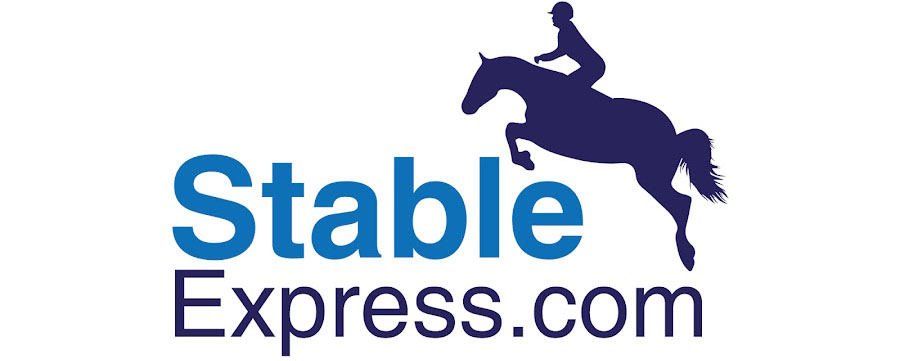


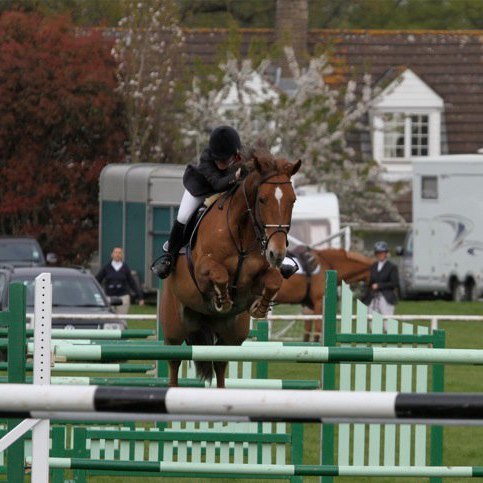
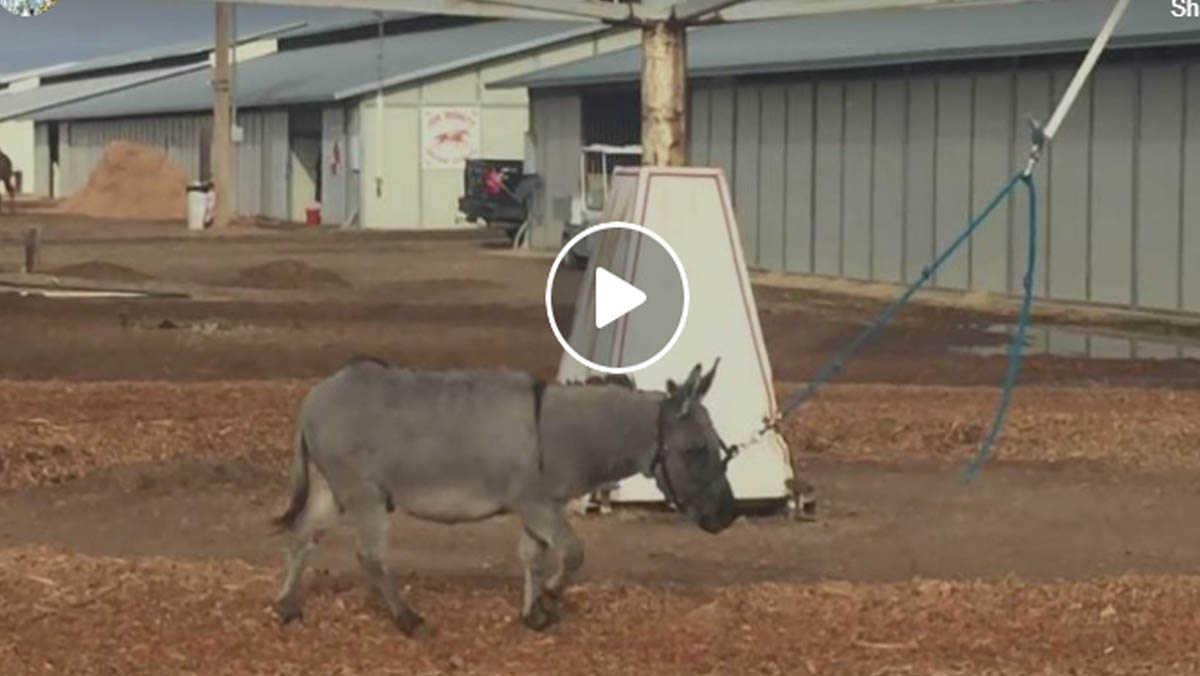
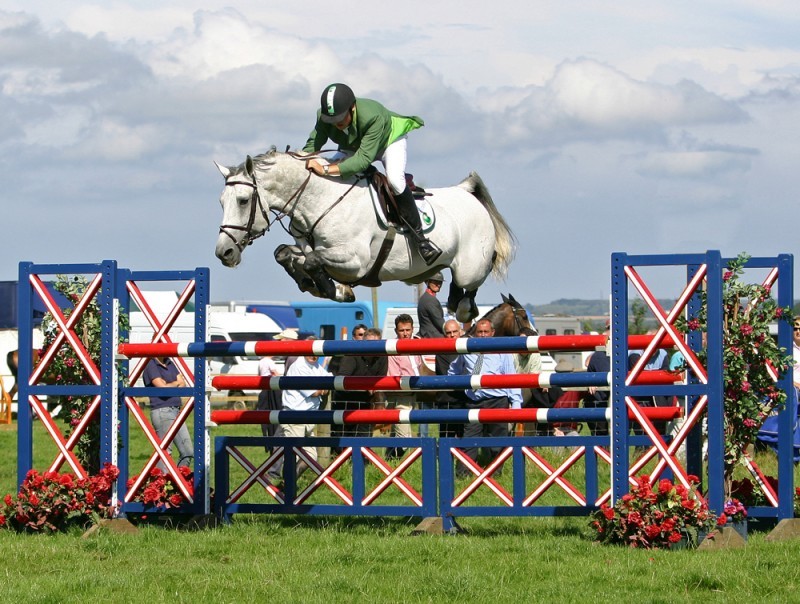

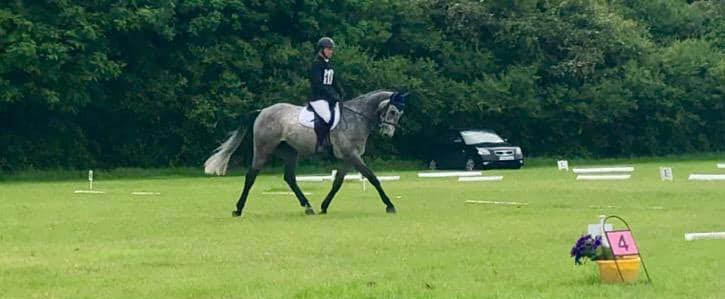
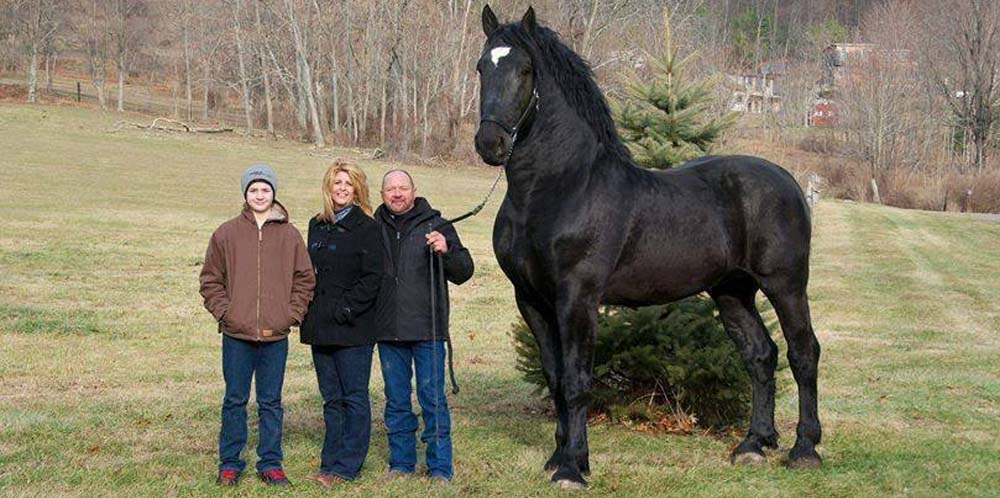

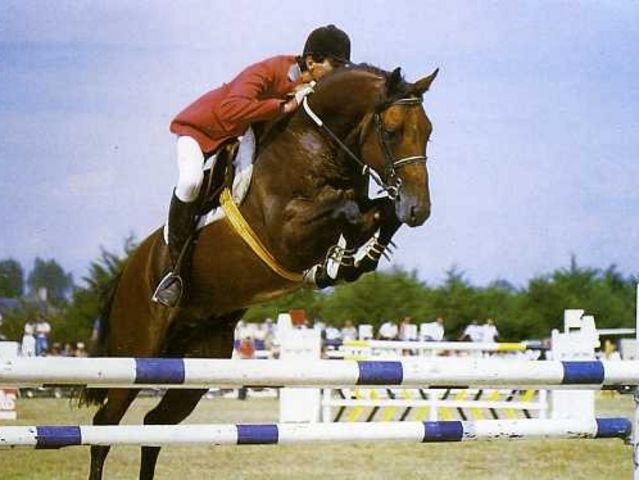
.jpg)
